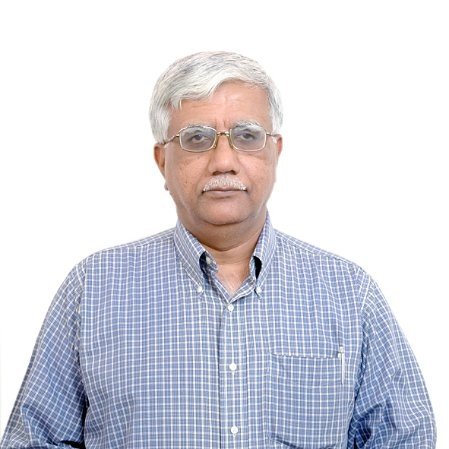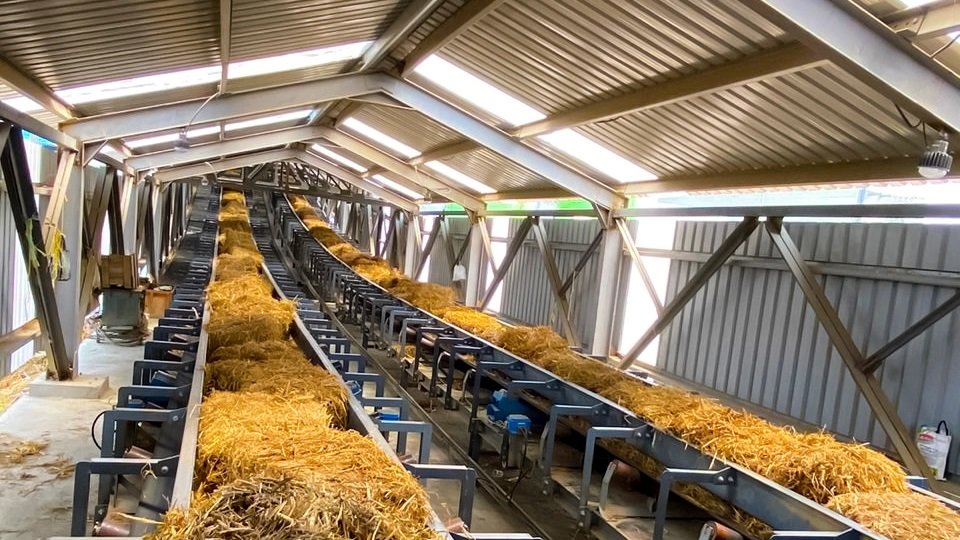Harnessing Biomass in Achieving Energy Self-sufficiency
By Ramakrishna Y B, Former Chairman, National Working Group on Biofuels, Ministry of Petroleum & Natural Gas
India’s fastest growing economy is fuelled by energy. India’s energy consumption has more than doubled since 2000 and is growing rapidly. Oil and gas account for over 35 per cent of the total energy consumed in the country. Over 87 per cent of oil and around 44 per cent of gas consumed in the country are imported. India is the third largest consumer of oil after the US and China. The successful implementation of National Policy on Biofuel will not only help steadily move towards energy self-reliance but will help boost the rural economy, employment generation, additional income to farmers and create a clean and green environment in the process fulfilling the objectives of Aatmanirbhar Bharat, Make in India and Net Zero initiatives.
The NDA government under the leadership of Prime Minister Narendra Modi reviewed the Biofuel Programme in 2014. It was a shocking and surprising revelation that implementation of Ethanol Blended Petrol (EBP) was hovering around just 1.4 per cent on pan India basis as against a target of achieving 20 per cent blending by 2017. A National Working group was constituted in 2015 by the Ministry of Petroleum and Natural Gas (MoP&NG) to draw a new road map and suggest ways for effective implementation of the program. A Biofuel cell was also created in MoP&NG. Biofuel substitution was identified as a highly potential opportunity to achieve the Prime Minister’s target to reduce fossil fuel import by 10 per cent by 2022.
National Policy on Biofuel 2018
The Government of India took a decision to shift the Biofuel Programme from the Ministry of New and Renewable Energy (MNRE) to MoP&NG in early 2018. MoP&NG soon came up with a New National Biofuel Policy – 2018. The policy aimed to utilise, develop and promote domestic feedstock for production of biofuels thereby increasingly substituting fossil fuels contributing to energy security. It also aimed at climate change mitigation apart from employment generation in a sustainable way.
The goal of the policy was to achieve about 20 per cent blending of ethanol in petrol and about 5 per cent blending of biodiesel in diesel by 2030. This goal will be achieved by
Reinforcing ongoing ethanol/biodiesel supplies through increasing domestic production
Setting up 2nd generation bio refineries
Development of new feedstock for biofuels
Development of new technologies for conversion to biofuels
Creating suitable environment for biofuels and its mainstreaming
The NBP-2018 allows ethanol production from B- Molasses, sugar cane juice, sugar syrup, crops such as sugar beet, sweet sorghum, corn, cassava, rotten potatoes and surplus & rotten food grains unfit for human consumption. These initiatives came as a boon to the sugar industry bogged down with excess sugar production, unattractive domestic and international prices, and accumulated dues to sugarcane growers. Even the government had to spend several thousand crores of rupees to subsidise the export of sugar to sail over the excess sugar production to an extent of 6-8 million metric tonnes (MMT) a year in the market. Sugar mills, while balancing the sugar production to ensure meeting domestic demands, started building additional distillery capacity and fully utilising the under-utilized capacities.
There has been a lot of debate about the policy allowing the food grain for production of ethanol. The food vs. energy security arguments re-surfaced. The policy was a well thought out exercise. India is the largest producer and exporter of cereals globally. Having met its own and export demand more than 40 MMT of food grain was declared unfit for human or animal consumption. The rationale was to divert this surplus for ethanol production. Several interventions are being offered to grow sugar beet, sweet sorghum and especially corn involving the farming community in the marginal and under productive arable land. Broad basing the feedstocks for first generation ethanol also resulted in investment decisions to set up several hundred grain based standalone distilleries.
Growing ethanol supplies
Government of India policies coupled with the overwhelming response from the sugar industry, independent distilleries and not in the least aggressive blending programme by Oil Marketing Companies (OMCs) resulted in achieving the 10 per cent blending target five months ahead of the target date of October 2022. As of date (June 2024) the pan Indian blending has crossed 15 per cent and E20 is being sold through 14000 retail outlets. All these new initiatives are expected to help reach more than 15 billion litres per annum of first-generation ethanol by 2025. It is estimated that the country needs about 10 to 11 billion litres of ethanol to achieve a 20 per cent blending target by 2025. The surplus ethanol will be marketed as E100 (there are already 350 retail outlets selling E100) and diverted for Sustainable Aviation Fuels (SAF) production.
The commitment demonstrated by all the stakeholder has given the confidence to the government of India to advance the 20 per cent blending target from 2030 to 2025. With a 10 per cent blending target achieved in May 2022, India enters into the league of three nations to have achieved this milestone besides Brazil and the United States of America.
To read more click: https://agrospectrumasia.com/e-magazine
By Ramakrishna Y B, Former Chairman, National




